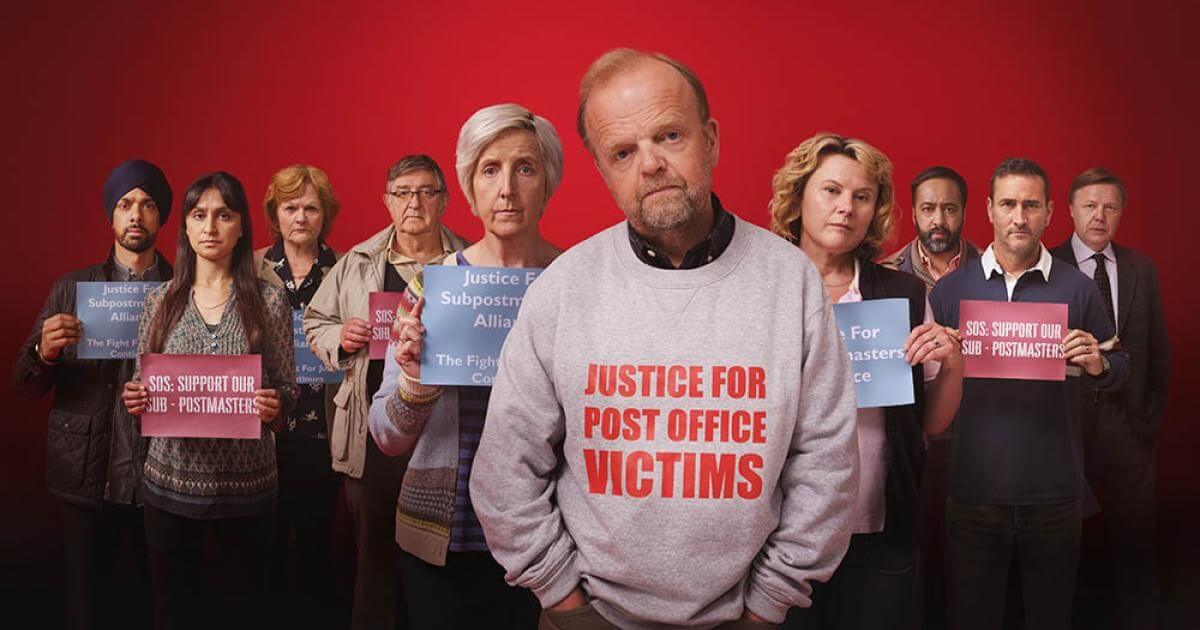As the fallout in the Post Office scandal continues, I have been reflecting on what went right after all of these long years.
The latest and most powerful developments in one of the biggest miscarriages of justice in British legal history is a change in the law following an ITV drama, Mr Bates vs The Post Office, which tells of the plight of the victims of the scandal in a way which hadn’t been told before.
For years, the Post Office postmasters, their families and a number of high-profile journalists – including big documentary exposés – tried and failed to bring the issue to the fore. The postmasters say that few were interested and the people that were, simply couldn’t make serious progress. Perhaps due to the technical nature of the case, the story failed to capture the hearts and minds of the British public. As one seasoned comms expert commented, the story was sadly too boring to stick.
As marketers we tell stories. When we tell these stories well, we can trigger incredible change or indeed, sell product. How we communicate is important, but also when and in what medium. Long-form, primetime drama TV on a mainstream channel clearly worked in this case, but it’s not an exact science and there are many factors involved, including news cycles. But it’s the emotional response that seems to have ‘beat the boredom’ of a story which was previously perceived to be about a software error, rather than a battle of David vs Golliath.
It reminded me of one of the first big podcast series to capture global imagination back in 2014. Adnan Syed, whose case gained national attention when it was featured on the podcast “Serial,” was released from an American prison in September of 2022 after serving more than 20 years for the murder of his Woodlawn High School classmate and ex-girlfriend Hae Min Lee. Lee was killed in 1999 – and Adnan would still be in prison if it wasn’t for a podcast. Millions around the world were hooked as we became emotionally invested in Adnan’s case and the grating Serial intro music.
Someone who understands this is my incredibly talented and determined former The 10 Group colleague, Louise Shorter who has been telling stories of miscarriages of justice for many years, founded the charity Inside Justice and more recently produced and presented a 10 part series on CBS Reality, ‘Wrongly Accused’. As Louise points out following the docudrama, “we need the same interest in unresolved cases pls”.
Even with the explosion of the true crime genre, investigative work is costly and takes time. But, as the viewing figures and the real world impact prove, it can be a win-win for media and falsely accused alike. It’s just unfortunate that we need a brilliant TV drama to deliver justice for the postmasters.
